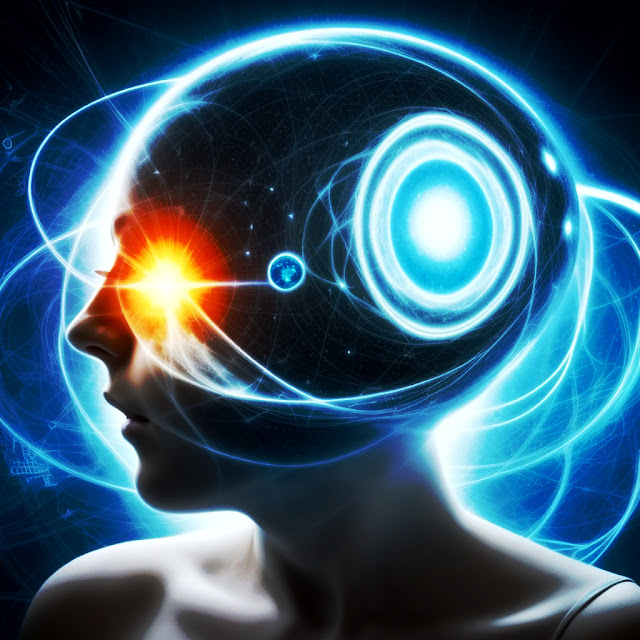Quantum Leaps in Cognition: Unveiling the Mind's Uncanny Logic
For centuries, cognitive science has grappled with the intricacies of human thought, employing probabilistic models and classical logic to decipher the seemingly chaotic dance of neurons. Yet, certain cognitive quirks – the paradoxes of decision-making, the fluidity of memory, the holistic nature of perception – have stubbornly resisted these traditional frameworks. Enter quantum cognition, a nascent field poised to revolutionize our understanding of the mind by borrowing the mathematical language of the quantum realm.
Unlike the speculative "quantum mind" hypothesis, quantum cognition harnesses the formalisms of quantum theory – not its physical principles – as an analogical toolbox to model cognitive processes. It leverages the power of quantum probability and information theory to represent the inherent context-dependence, superposition, and non-commutativity observed in human thought. Traditional probabilistic models often fall short, struggling to capture the subtle nuances of how we weigh uncertain evidence, integrate conflicting information, and navigate the labyrinthine pathways of memory. Quantum models, in contrast, offer a rich expressive space capable of accommodating these complexities.
Consider the conjunction fallacy: an individual might judge the statement "John is a banker and owns a Ferrari" as more likely than simply "John is a banker," even though the former logically implies the latter. Classical models struggle to explain this seemingly irrational preference, while a quantum model can capture the influence of contextual cues and the holistic assessment of possibilities. Similarly, traditional memory models often depict it as a linear, discrete storehouse of information. Quantum models, however, suggest a more dynamic picture, where memories coexist in superposition, interact, and probabilistically influence each other – mirroring the observed phenomena of interference and priming.
The implications of this quantum lens are far-reaching. In decision-making, quantum models offer insight into how we integrate and prioritize information under uncertainty, potentially explaining preference reversals and other seemingly irrational choices. In memory, they provide a framework for understanding the context-dependent nature of recall, the fluidity of memories, and the phenomenon of false memories. In perception, they suggest a continuous process of information integration, where percepts emerge from a dynamic interplay of probabilities rather than static representations.
However, quantum cognition is not without its challenges. The field is still in its infancy, with much focus on developing theoretical models and exploring their potential applications. Empirical validation remains a crucial hurdle, requiring carefully designed experiments that can differentiate quantum predictions from alternative models. Furthermore, the biological plausibility of this framework needs to be addressed. While not proposing literal quantum processes in the brain, understanding how classical neurons can give rise to these seemingly quantum-like behaviors is essential for the long-term viability of this approach.
Despite these challenges, the burgeoning field of quantum cognition stands as a testament to the boundless ingenuity of the human mind, both as a subject of study and as the tool for its own investigation. Its potential to bridge the gap between classical and quantum worlds, offering a unifying framework for understanding the enigmatic dance of thought, is tantalizing. As we delve deeper into this intricate interplay of mathematics and cognition, we inch closer to unveiling the mind's uncanny logic, perhaps revealing that, like the cosmos itself, our inner world operates on principles far stranger and more wondrous than we yet know.
Unlikely Buddha 2024



Comments
Post a Comment